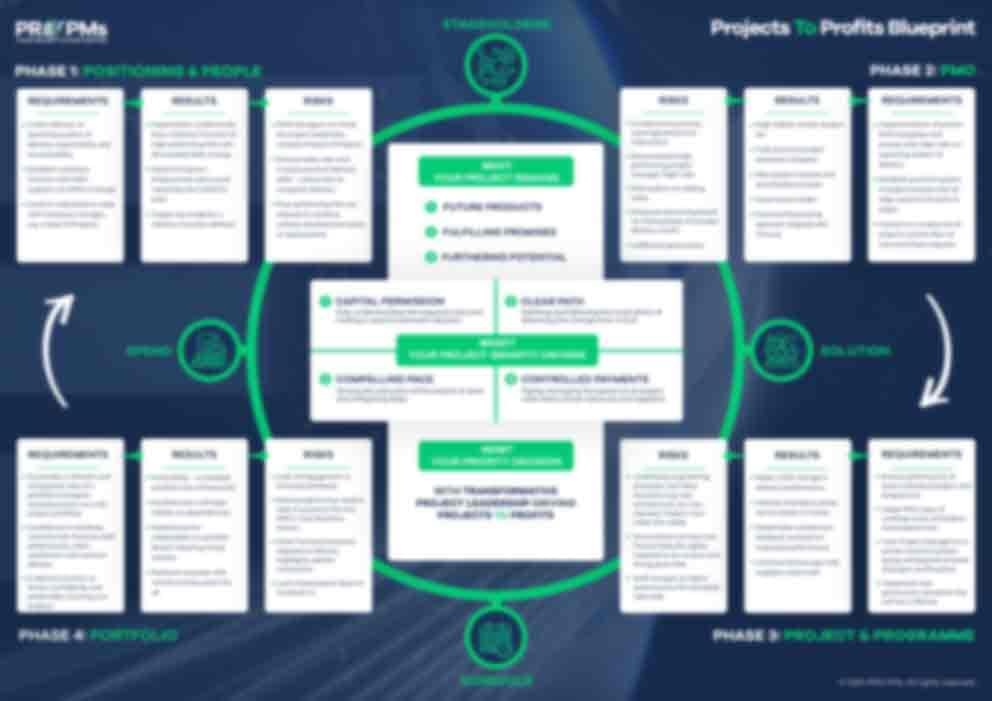In the complex landscape of project management, suppliers often determine the difference between spectacular success and costly failure. Yet most organizations approach supplier relationship optimization as an afterthought, focusing on finding the ‘perfect’ vendor rather than creating perfect partnerships. The reality is that supplier performance is rarely about their inherent capabilities—it’s a direct reflection of your commercial discipline project management approach.
The Hidden Truth About Supplier Performance
When projects fail due to supplier issues, the knee-jerk reaction is often to blame the vendor. However, organizations that consistently achieve superior results understand a fundamental principle: supplier performance improvement begins with internal discipline, not external selection.
Consider the recent halt of the Revolution Wind farm project, which was 80% complete before regulatory concerns brought construction to a standstill. While this example highlights external regulatory challenges, it also underscores the importance of comprehensive supplier contract management that anticipates and addresses potential roadblocks before they become project-killers.
Strategic organizations don’t just manage suppliers—they architect relationships that become competitive advantages. This requires moving beyond reactive vendor management to proactive project delivery partnerships built on mutual accountability and shared success metrics.
Building Strategic Supplier Relationships
Effective strategic supplier management operates on three fundamental pillars that transform vendors from service providers into strategic partners:
Clear Contractual Frameworks: Beyond standard terms and conditions, strategic contracts establish shared objectives, performance benchmarks, and escalation procedures. This isn’t about creating more paperwork—it’s about establishing project supplier governance that protects both parties while enabling innovation and flexibility.
For instance, rather than simply specifying deliverable deadlines, strategic contracts include milestone-based progress reviews, quality gates, and collaborative problem-solving mechanisms. This approach transforms compliance monitoring into partnership development.
Regular Performance Checkpoints: Supplier performance metrics should extend beyond basic delivery indicators to include innovation contributions, risk mitigation efforts, and collaborative effectiveness. These checkpoints aren’t punitive exercises but opportunities for continuous improvement and relationship strengthening.
Leading organizations implement quarterly business reviews that examine not just what was delivered, but how the partnership can evolve to meet changing project needs. This forward-looking approach to vendor performance optimization creates suppliers who anticipate challenges rather than simply responding to them.
Mutual Accountability Systems: The most successful supplier collaboration strategies recognize that accountability flows both ways. While suppliers must meet their commitments, client organizations must also provide clear direction, timely decisions, and adequate resources.
The Competitive Advantage of Strategic Procurement
Strategic procurement project management delivers measurable competitive advantages that extend far beyond cost savings. Organizations that master these relationships consistently achieve:
Enhanced Quality Outcomes: When suppliers understand your strategic objectives and feel invested in your success, quality becomes a shared responsibility rather than a contractual obligation. This collaborative approach to quality management often yields innovations that neither party could achieve independently.
Accelerated Delivery Timelines: Strategic suppliers become extensions of your project team, proactively identifying potential delays and proposing solutions before problems escalate. This partnership approach to project supplier accountability creates delivery timelines that are both aggressive and achievable.
Innovation Through Partnership: The most valuable supplier relationships generate innovations that neither party initially envisioned. When suppliers understand your broader business context and future aspirations, they can propose solutions that address not just immediate needs but long-term strategic objectives.
Cost Optimization Through Efficiency: While strategic supplier management isn’t primarily about cost reduction, it consistently delivers better value. When suppliers understand your processes and constraints, they can optimize their own operations to reduce waste and improve efficiency, creating savings that benefit both parties.
Implementing Vendor Management Best Practices
Transforming supplier relationships requires systematic implementation of vendor management best practices that go beyond traditional procurement approaches:
Start by developing comprehensive supplier relationship frameworks that define engagement models for different types of partnerships. Not every supplier relationship requires the same level of strategic integration, but each should have clear expectations and management protocols.
Invest in relationship management capabilities within your organization. Commercial supplier management requires dedicated resources and specialized skills that many organizations underestimate. The most successful companies treat supplier relationship management as a core competency, not an administrative function.
Create feedback mechanisms that capture lessons learned from both successful and challenging supplier engagements. This organizational learning approach to supplier management ensures that relationship improvements compound over time rather than starting fresh with each new partnership.
The Path Forward
The organizations that will dominate their markets in the coming decade understand that supplier relationships are strategic assets, not operational necessities. They recognize that commercial discipline project management creates the foundation for supplier partnerships that deliver competitive advantages their competitors cannot replicate.
This transformation doesn’t happen overnight, but it begins with a fundamental shift in perspective. Instead of asking “How can we get better performance from our suppliers?” strategic organizations ask “How can we create partnerships that make both parties more successful?”
The answer to that question becomes the blueprint for supplier relationships that don’t just deliver projects—they deliver market leadership. In an increasingly complex business environment, the organizations that master strategic supplier management will find themselves with sustainable competitive advantages that compound over time.
Ready to transform your supplier relationships from operational necessities into strategic advantages? The journey begins with honest assessment of your current commercial discipline project management practices and a commitment to building partnerships that create mutual success. Contact our team to explore how strategic supplier management can accelerate your project delivery and drive sustainable competitive advantage.



